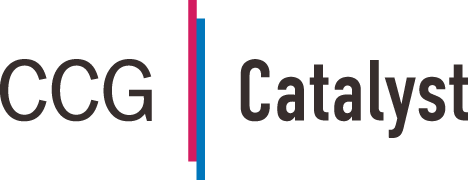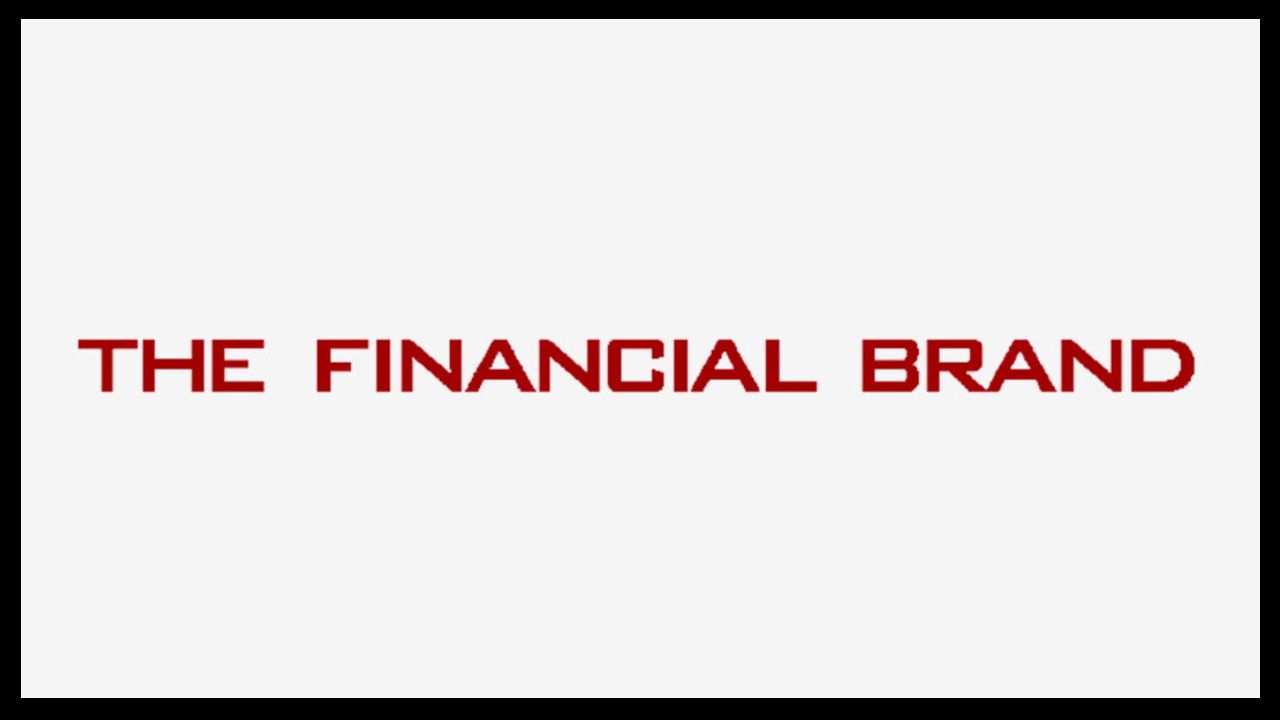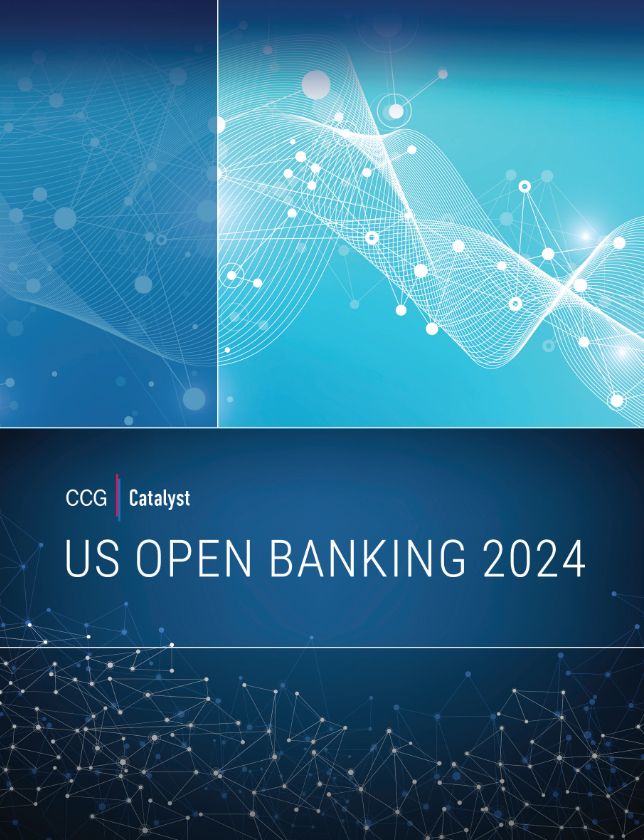Already growing in size before the pandemic, the gig economy has continued to build up by numbers and variety of work available. But the erratic nature of their income complicates these employees’ financial lives.
COVID-19 and its impact on the economy has placed gig workers — and the disproportionate risks they face — under a microscope and in a spotlight. There are more gig workers than ever, now. And increasingly there is recognition that they have unusual financial needs that most mainstream financial institutions have not been meeting. This has led to opportunity for fintech providers.
“Gig and hourly workers stepped up behind the scenes across the country, keeping warehouses stocked, delivering goods and helping Americans stay safe at home,” says Zack Smith, CEO of Jobble, a marketplace connecting gig workers and employers.
“Many gig workers are underbanked and lack access to resources that can grow their financial wellness,” Smith continues. “From savings and investment accounts to reliable access to their funds, gig workers deserve to be served like the hard workers they are. Many also lack benefits or access to programs that can keep them healthy and supported.”
Putting Gig Work in Perspective:
An estimated 25% of the U.S. workforce is involved in the gig economy, according to the Gig Economy Data Hub.
And that estimate may be low, because gig workers can be difficult to classify. Some sources suggest the count may be as high as 35%.
The pandemic led many who formerly viewed gig work as a side hustle to make it their primary source of income, and led more traditional workers to take up gig work to supplement a reduced income, says Romy Parzik, CEO of Vault. “This type of transition can mean trying to adapt to a loss of benefits plus an increase in income fluctuations.” The mission of Parzik’s firm is reimagining the benefits space for today’s economy.
Keep reading on The Financial Brand





